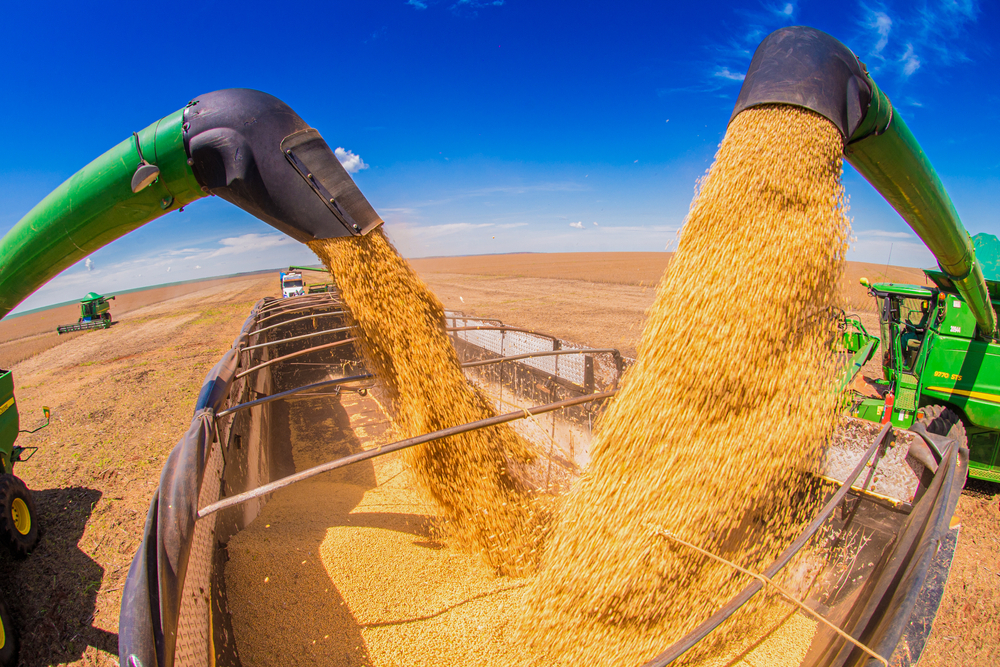A recent report by C-Energy Global Holdings has shed light on the state of agriculture in Ghana, highlighting a significant disparity in commercialization within the sector.
According to the report titled “Creating Agriculture Financing Schemes for Sustainable Agriculture and Food Security,” only 15.0% of farms in Ghana are currently commercialized.
This revelation underscores the challenges facing Ghana’s agricultural landscape, with implications for both sustainability and economic development.
Despite its potential, a mere fraction of the country’s farms operate within a commercial framework, indicating a substantial gap in modernization and productivity.
The report identifies a range of factors contributing to this disparity, including low mechanization, poor rural transportation infrastructure, inadequate storage and processing capacities, and post-harvest losses.
These challenges not only impede the performance of the agriculture sector but also hinder access to finance and investment opportunities.
Moreover, Ghana’s agriculture remains predominantly rain-fed and subsistence-based, further complicating efforts to enhance commercialization and sustainability.
Climate change exacerbates these challenges, with Ghana ranking among the top 10 countries most severely impacted despite its minimal contribution to global warming.
In light of these findings, the report emphasizes the urgent need for interventions from funds and financial institutions, particularly the Agriculture Development Bank and Ghana EXIM Bank.
These institutions play a critical role in providing funding and support to actors across the agriculture value chain, helping to address funding gaps and promote sustainable practices.
As Ghana seeks to navigate the complexities of its agricultural sector, the imperative for increased commercialization and investment becomes ever more apparent.
By addressing underlying challenges and fostering a conducive environment for growth, Ghana can unlock the full potential of its agricultural landscape, driving economic prosperity and food security for its citizens.


Comments are closed.